Every 8 minutes, a traveler falls victim to a scam at one of America’s top 10 airports. Modern airport scammers blend right in – wearing airline uniforms, TSA badges, and even pilot stripes to target exhausted passengers. For frequent flyers and aviation enthusiasts, staying ahead of these evolving schemes can save thousands in stolen luggage, fake fees, and identity theft. Our investigation reveals 20 sophisticated airport scams sweeping across terminals in 2024, complete with real security footage, expert insights from former TSA agents, and proven defense tactics you can use on your next flight.
20. Beware Of Fake Wi-Fi Networks
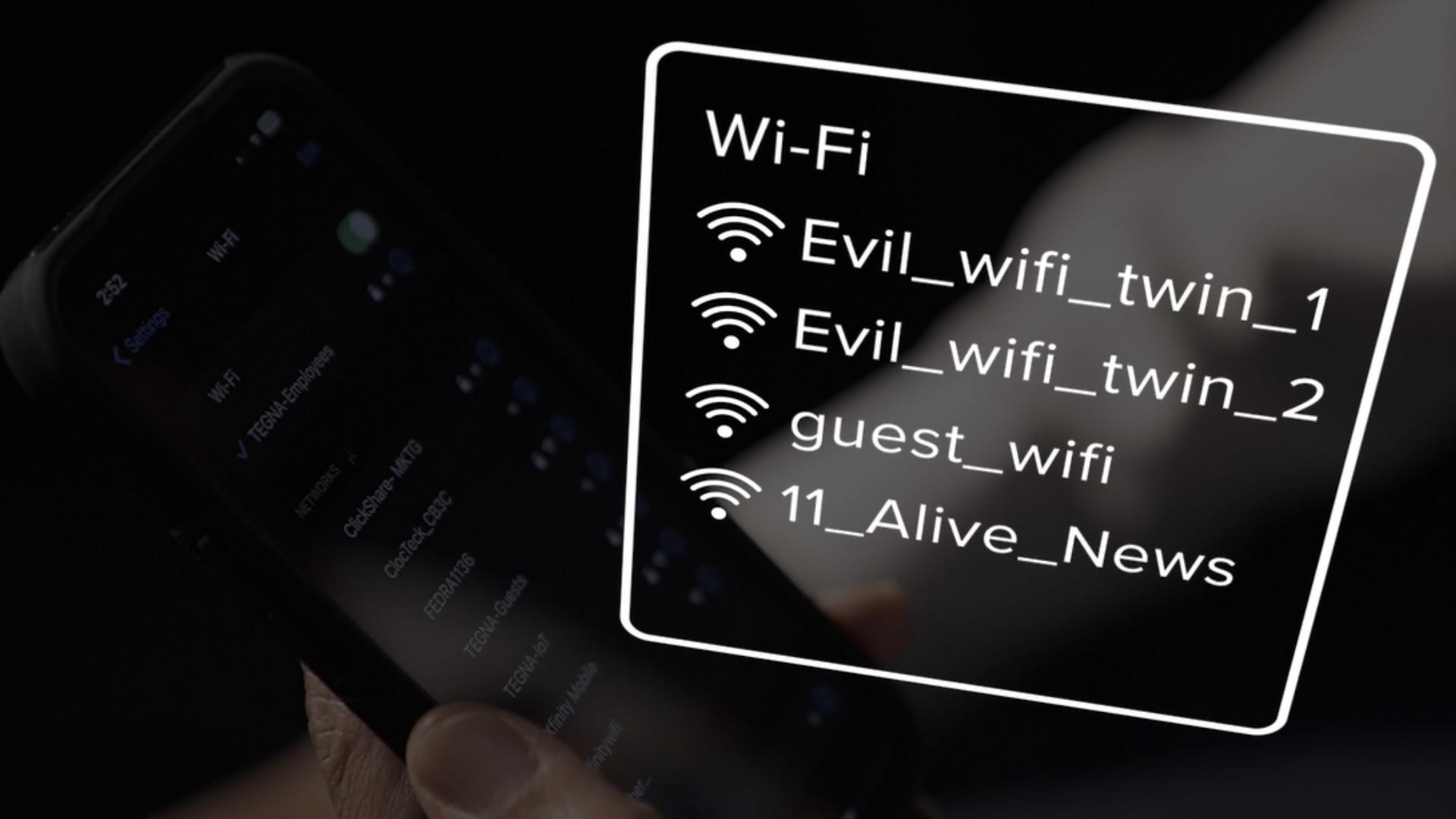
Cybercriminals create deceptive Wi-Fi networks that mirror legitimate airport connections. These networks allow scammers to intercept your personal information, including passwords and credit card numbers, when you connect to them. You can protect yourself by verifying the official airport network name at information desks or on airport websites before connecting. Public Wi-Fi networks require caution, so consider using your mobile data or a reliable VPN service while at the airport.
19. Unlicensed Taxis Can Be Dangerous
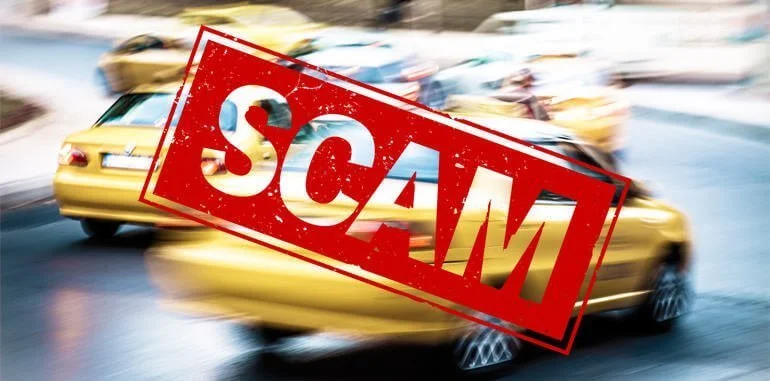
Unauthorized taxi drivers often approach travelers inside airports, offering rides at seemingly attractive rates. These drivers frequently operate without proper licenses, insurance, or safety inspections, putting passengers at risk. You should only use clearly marked taxi stands or ride-sharing pickup zones outside the terminal. Licensed taxis display proper identification, meters, and company branding that unlicensed operators cannot legitimately duplicate.
18. Luggage Theft at Security Checkpoints
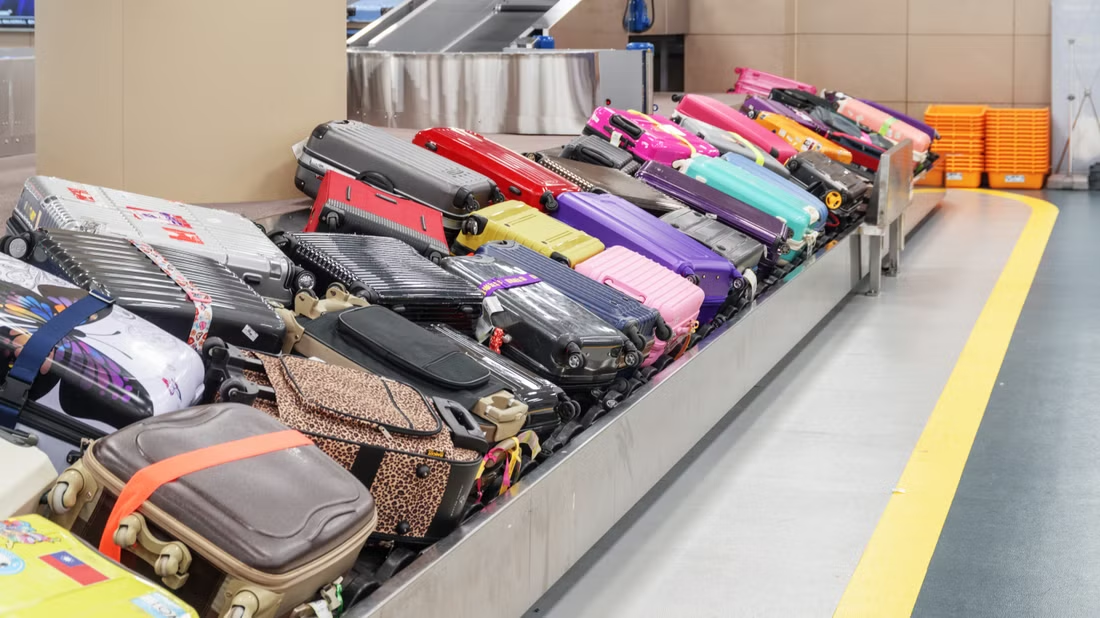
Security checkpoints create opportunities for thieves to steal belongings during the screening process. Criminals typically work in teams, with one person deliberately holding up the line while another grabs items from the conveyor belt. You can prevent theft by keeping your eyes on your belongings until they enter the X-ray machine and waiting for your items at the exit point before putting on your shoes or gathering other possessions. Airport security encourages travelers to maintain visual contact with their belongings throughout the screening process.
17. Counterfeit Currency Exchanges
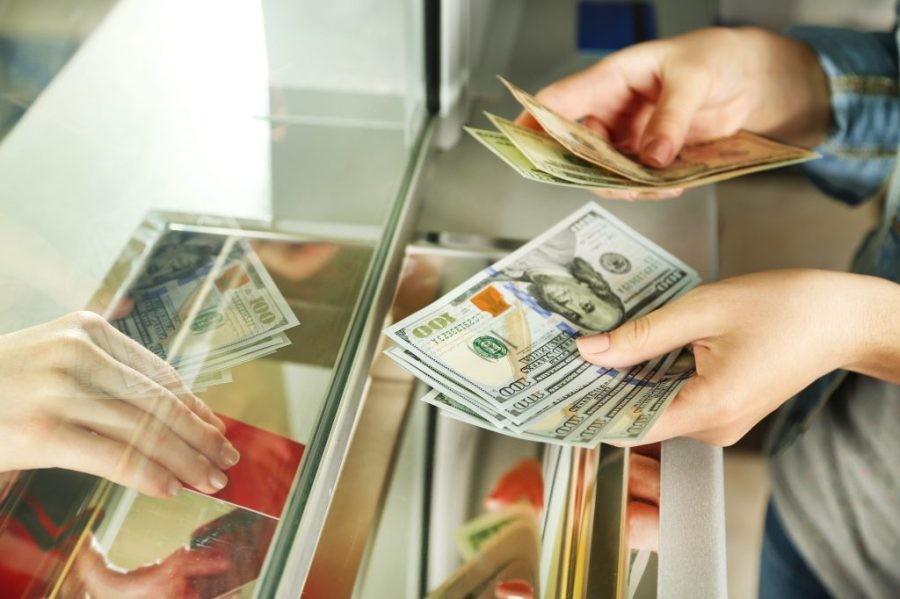
Currency exchange scammers target travelers by offering better rates than official exchange counters. These criminals distribute counterfeit bills or manipulate conversion rates to shortchange unsuspecting customers. You should only exchange money at authorized airport kiosks or established banks. Exchange services require proper licensing and registration, which legitimate providers prominently display at their service counters.
16. Phony Airport Officials

Scammers wearing fake uniforms or badges approach travelers pretending to be airport staff or security personnel. These imposters often demand to check tickets, and passports, or conduct unofficial “security screenings” to steal valuables or personal information. You can identify genuine airport personnel by their proper photo identification badges and standardized uniforms. Official airport staff never request payments or personal documents outside designated areas.
15. Overpriced Airport Transfers
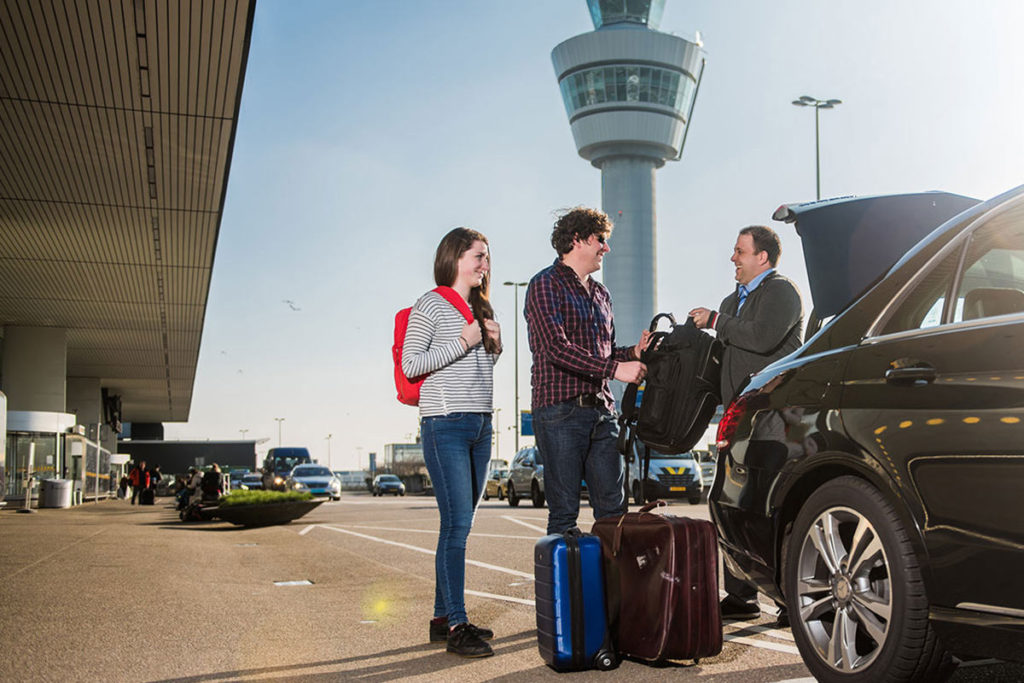
Transport companies sometimes advertise low transfer rates but add hidden fees or surcharges after reaching the destination. These operators might take longer routes or claim additional charges for luggage or toll roads. You should book transfers through official airport transportation desks or reputable ride-sharing services. Legitimate transfer services provide clear pricing structures and written confirmations before departure.
14. Travel Document Scams
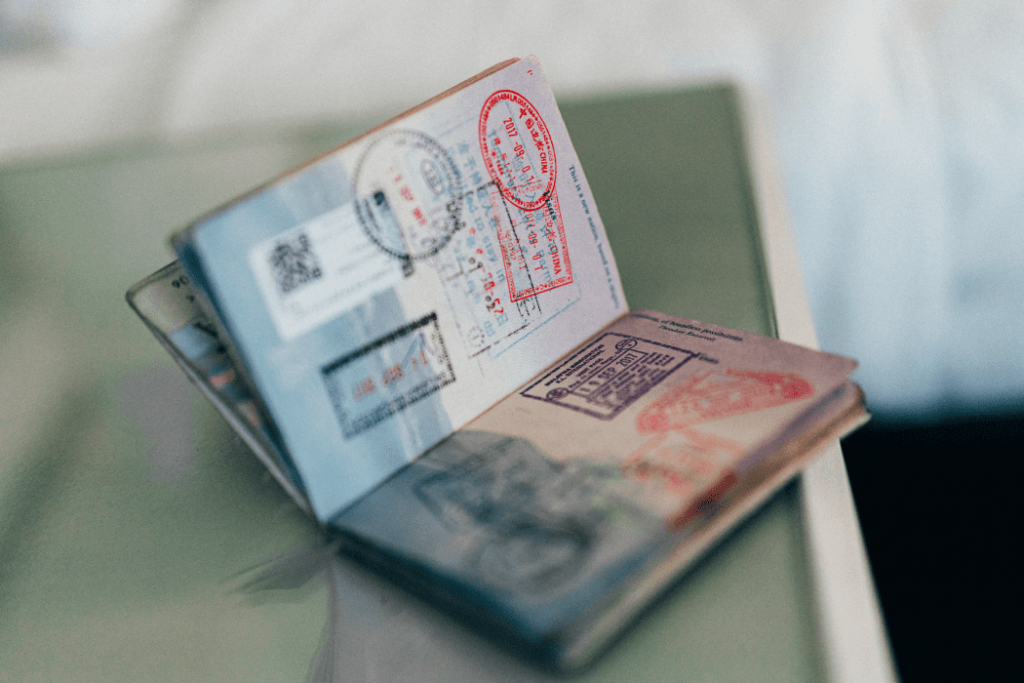
Criminals set up fake check-in counters or document verification stations to steal passport information and credit card details. These scammers often target rushed travelers by claiming to offer expedited services. You need to verify all document checks occur at clearly marked airline counters or official security checkpoints. Airport procedures require airlines to process travel documents only at designated check-in areas.
13. Fake Hotel Booking Agents

Fraudulent hotel representatives approach tired travelers offering discounted rooms and airport transfers. These scammers collect payment for non-existent reservations or overcharge for basic accommodations. You should make hotel arrangements through official websites or recognized travel agencies before arrival. Hotels maintain service desks in designated areas of airports and never solicit customers in terminals.
12. Baggage Wrapping Scams
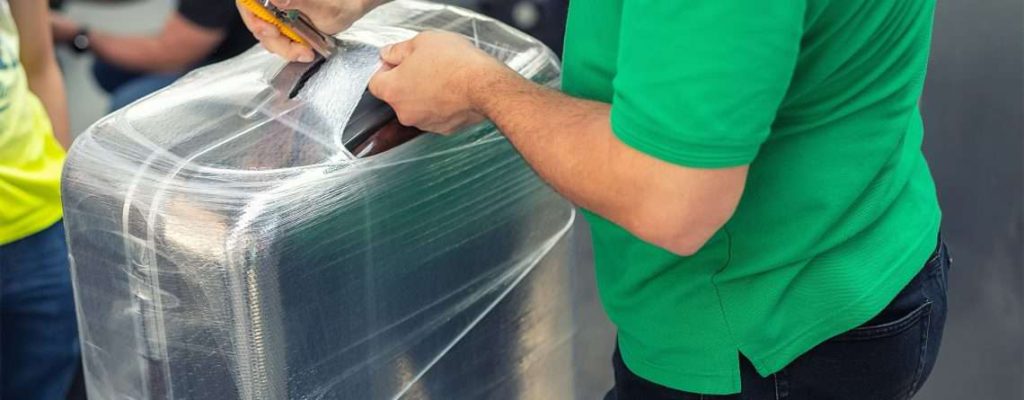
Fraudulent baggage wrapping services set up fake stations near check-in areas. These scammers use substandard materials that security personnel must remove, forcing travelers to pay for rewrapping at legitimate stations. You should only use wrapping services located in designated airport areas with clear pricing displays. Official baggage wrapping stations provide receipts and quality materials that meet airport security standards.
11. Pickpocketing and Distraction Thefts
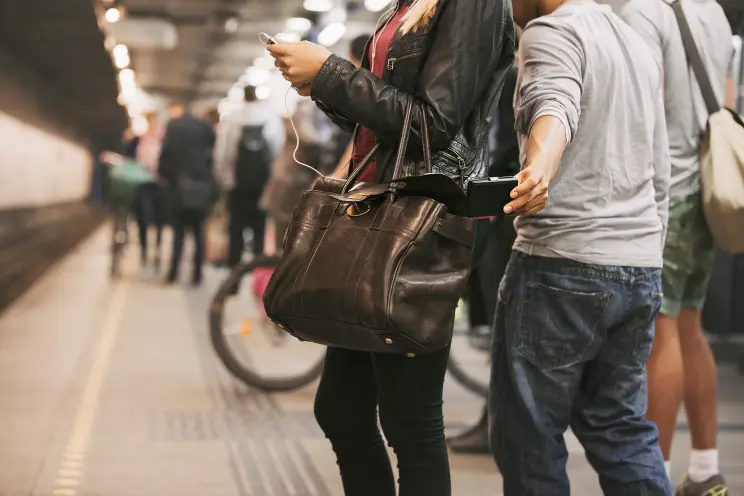
Professional thieves work in teams to create diversions while stealing valuables from distracted travelers. Common tactics include dropping items, asking for directions, or pretending to fall near crowded areas. You can protect yourself by keeping valuables secure and maintaining awareness in busy terminal spaces. Airport security recommends wearing bags across your body and keeping important documents in separate locations.
10. SIM Card Scams
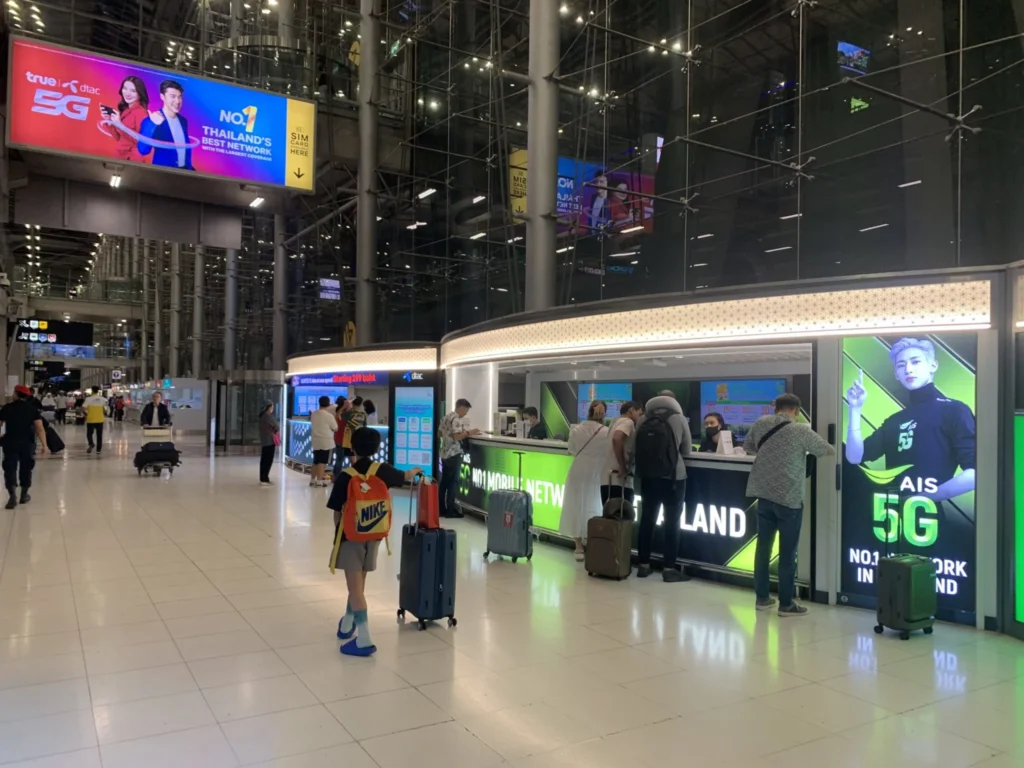
Unauthorized vendors sell fake or deactivated SIM cards at inflated prices to travelers seeking mobile connectivity. These cards often stop working shortly after purchase or rack up unauthorized charges. You should purchase SIM cards only from official mobile carrier kiosks or authorized airport retailers. Legitimate providers offer proper documentation and activation services on the spot.
9. Duty-Free Shopping Scams
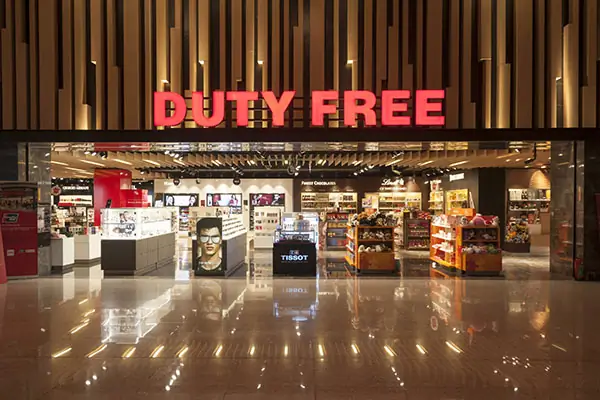
Counterfeit luxury goods infiltrate some duty-free shops, particularly at unofficial or temporary airport retail locations. These sellers often pressure travelers with time-sensitive “special offers” on fake merchandise. You can avoid counterfeits by shopping at official duty-free retailers within secure terminal areas. Authorized shops provide proper receipts and product authenticity guarantees.
8. Charity Donation Frauds

Fake charity representatives solicit donations using emotional appeals and false credentials. These scammers often claim to represent well-known organizations while pocketing all contributions. You should verify charitable organizations through official channels before donating at airports. Legitimate airport charities operate from fixed locations and provide proper documentation for all donations.
7. Fake Petition Signings
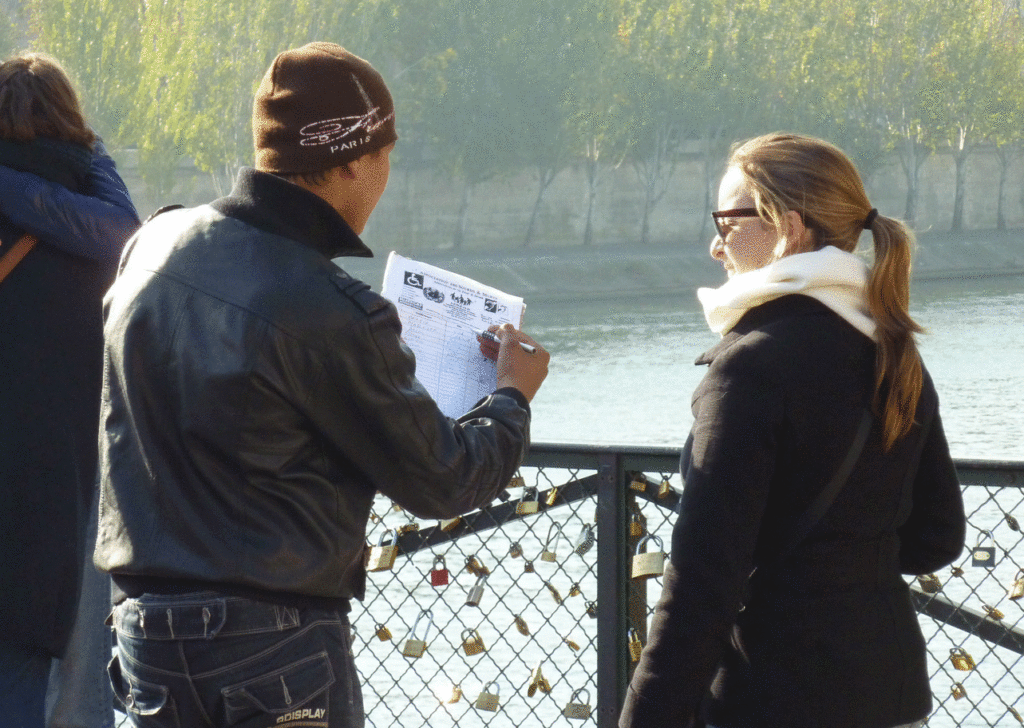
Scammers approach travelers with clipboards requesting signatures for seemingly legitimate causes. These fraudsters use petition signing as a distraction to pickpocket or gather personal information for identity theft. You can protect yourself by politely declining to sign any petitions in airport terminals. Airports prohibit unauthorized solicitation, and legitimate petitions require proper permits displayed prominently.
6. Credit Card Skimming at ATMs
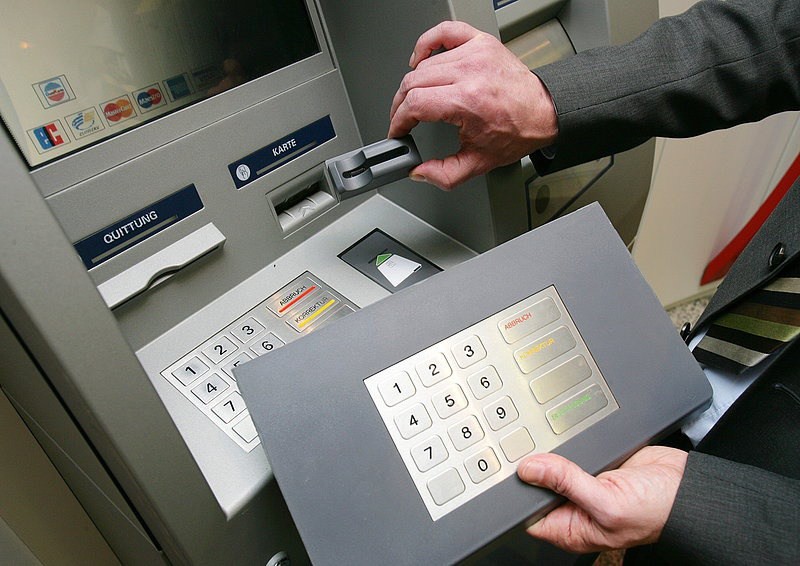
Criminals install sophisticated skimming devices on airport ATMs to capture card information and PIN numbers. These devices often look identical to legitimate card readers but transmit financial data to nearby thieves. You should use ATMs located inside secure banking areas or near security stations. Airport banks maintain regular inspections of their ATMs and display tampering warning signs.
5. Impersonation of Co-Travelers
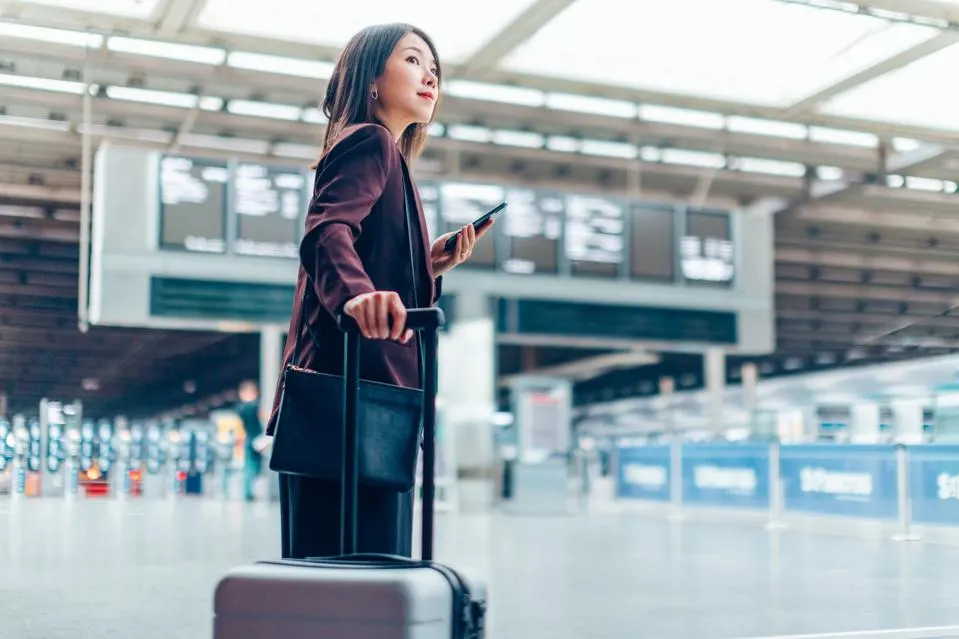
Thieves pretend to be fellow passengers to gain trust before stealing belongings or personal information. These scammers often target solo travelers or those waiting in long terminal queues. You can prevent this scam by avoiding sharing personal travel details with strangers and maintaining privacy when handling documents. Airport officials encourage travelers to keep conversations with unknown passengers professional and brief.
4. Bait and Switch Taxi Fares
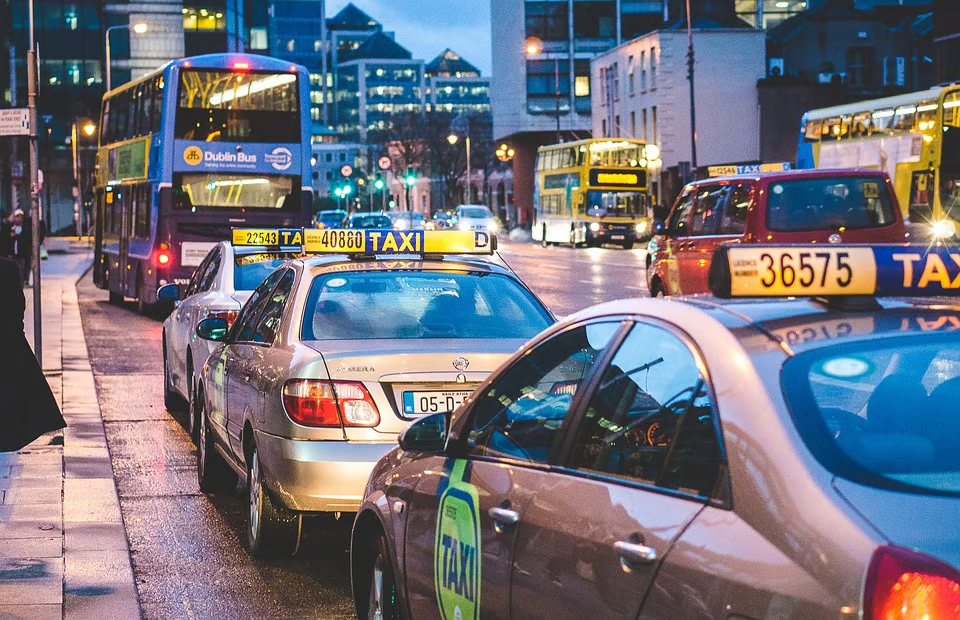
Taxi drivers quote one fare initially but demand significantly higher amounts upon reaching the destination. These operators often claim misunderstandings about distance or add arbitrary surcharges. You should agree on fares before departure and request written price confirmations when possible. Licensed airport taxis display rate cards and provide detailed receipts for all journeys.
3. Rental Car Scams

Fraudulent rental agencies advertise nonexistent vehicles or charge for pre-existing damage. These operations often operate from unofficial airport locations with temporary setups. You need to book vehicles through established rental companies with permanent airport counters. Legitimate agencies provide detailed vehicle inspection reports and clear rental agreements before releasing cars.
2. Spiked Food and Beverages

Criminals spike drinks or food to disorient travelers and steal their belongings. These predators often target people at airport bars or restaurants, especially during long layovers or late hours. You should never accept food or drinks from strangers or leave beverages unattended at airport establishments. Airport restaurants train staff to monitor suspicious behavior and assist customers who feel unsafe.
1. Fraudulent Travel Insurance
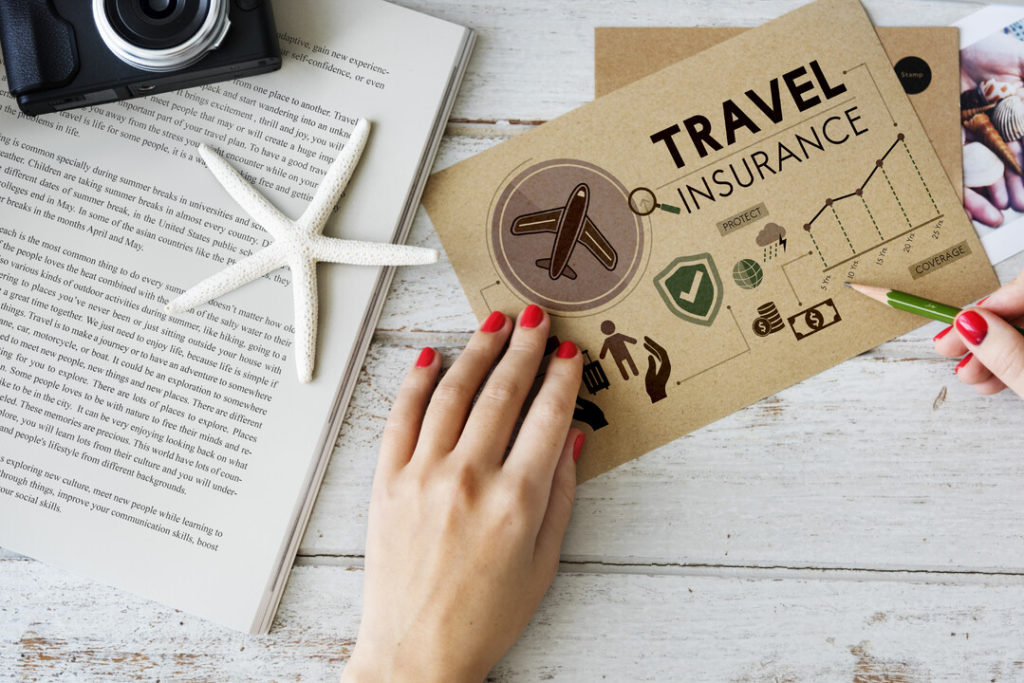
Insurance scammers pressure travelers to purchase fake coverage using urgent safety warnings or visa requirements. These fraudsters often set up temporary kiosks just outside check-in areas with official-looking documents. You need to arrange travel insurance through licensed providers or your existing insurance company before reaching the airport. Legitimate insurance providers supply detailed policy documents and 24-hour contact information for claims support.




























